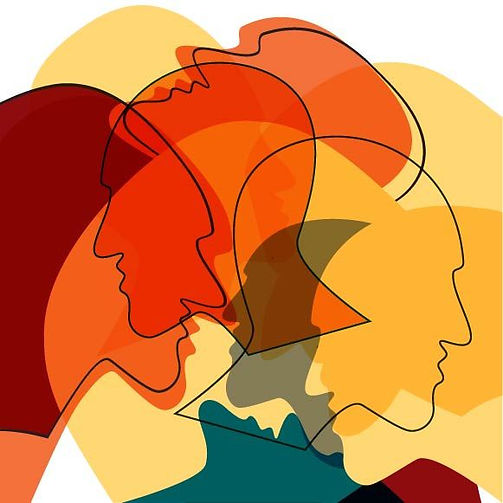A “psychotic disorder” is an umbrella term to describe multiple types of mental health conditions that involve a phenomenon called psychosis. Psychosis itself is characterized by an impaired relationship with reality, often including confusion, hallucinations, and delusions.
The symptoms of psychosis can vary between mental health disorders, but below are some possible signs:
-concentration difficulties
-brain fog
-increased anxiety or agitation
-loss of interest or joy in your normal activities
-increased or decreased appetite
-hallucinations, where you hear or see things that seem real to you
-social withdrawal
-neglected personal hygiene
-holding strong beliefs that aren’t actually true
-paranoia over people and situations around you
There’s no one cause of psychosis. Genetics and brain chemical changes are strong links. Traumatic events, substance use, and underlying health conditions can sometimes lead to changes in the way your brain works.
Psychotic disorders are most effectively treated with a combination of medications and therapies. A psychiatrist can help you determine what your needs are based on the severity of your condition.

